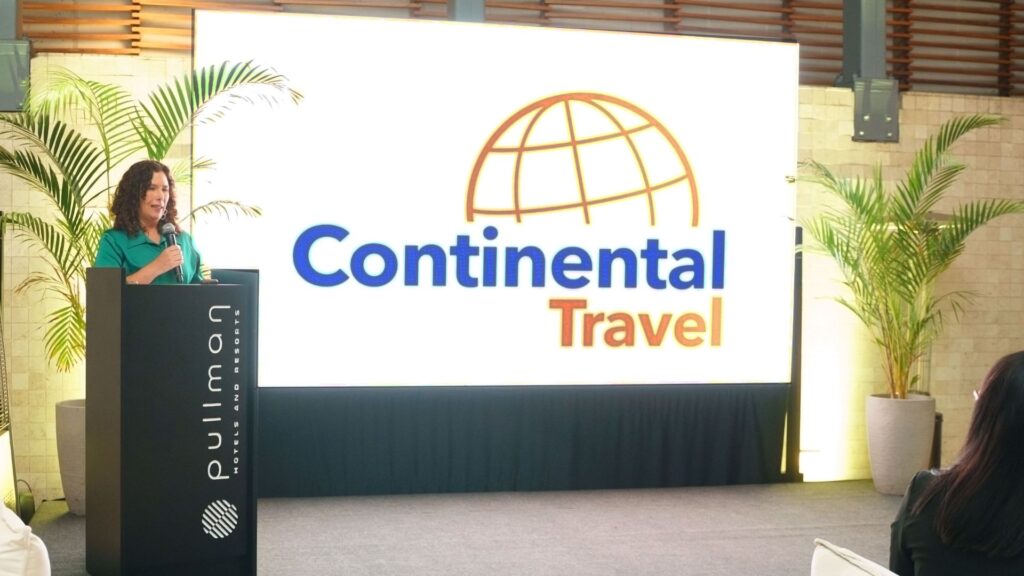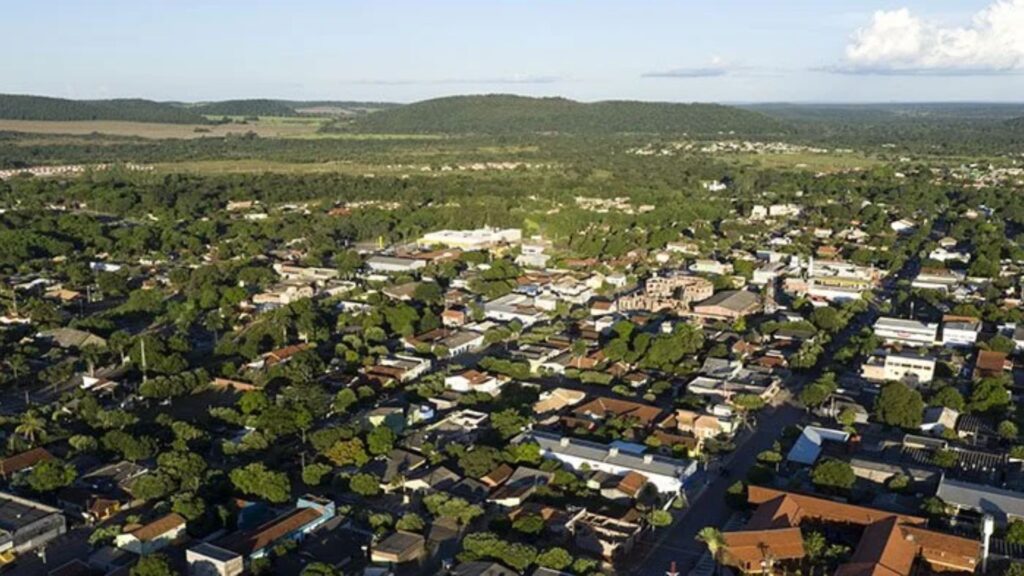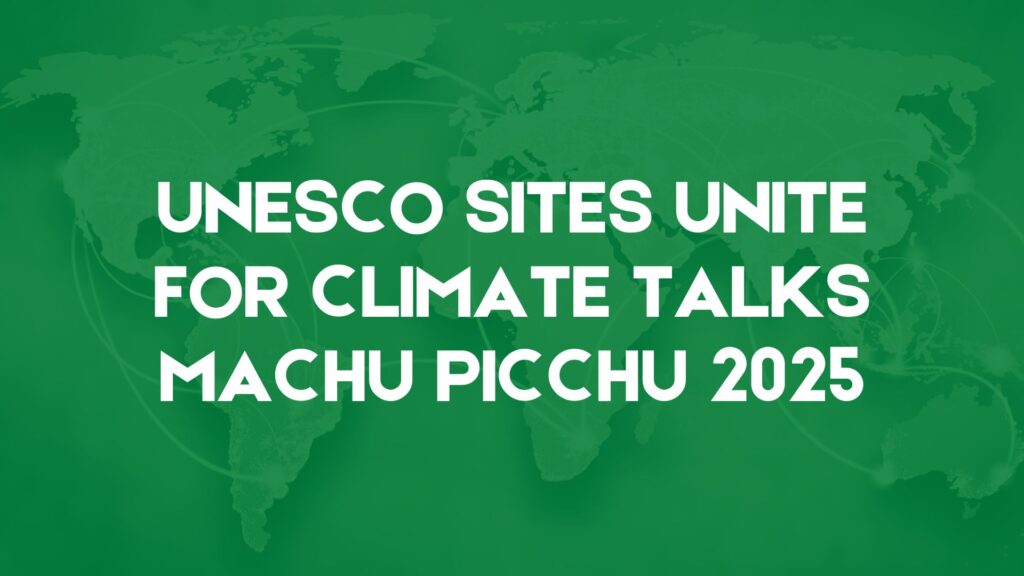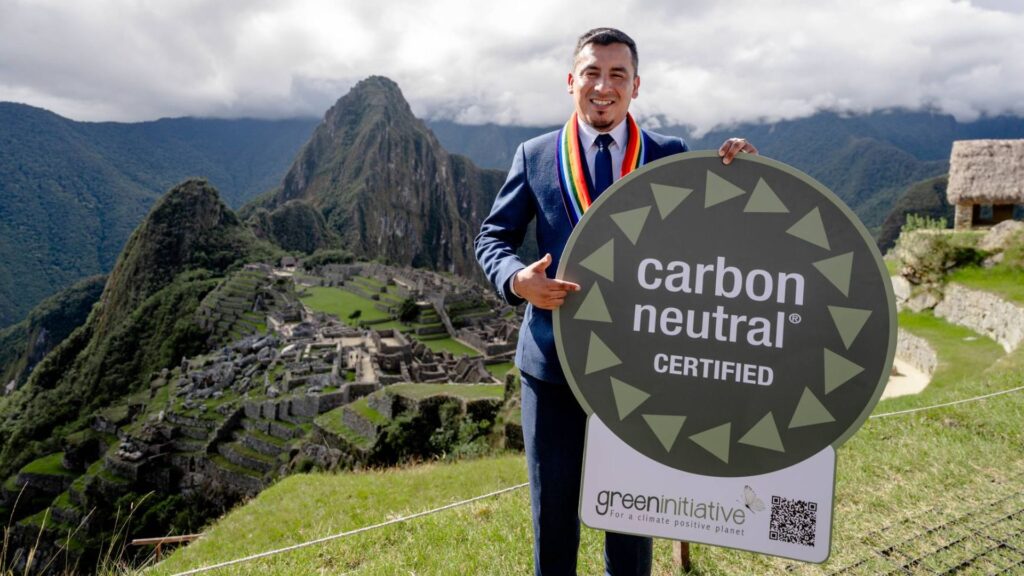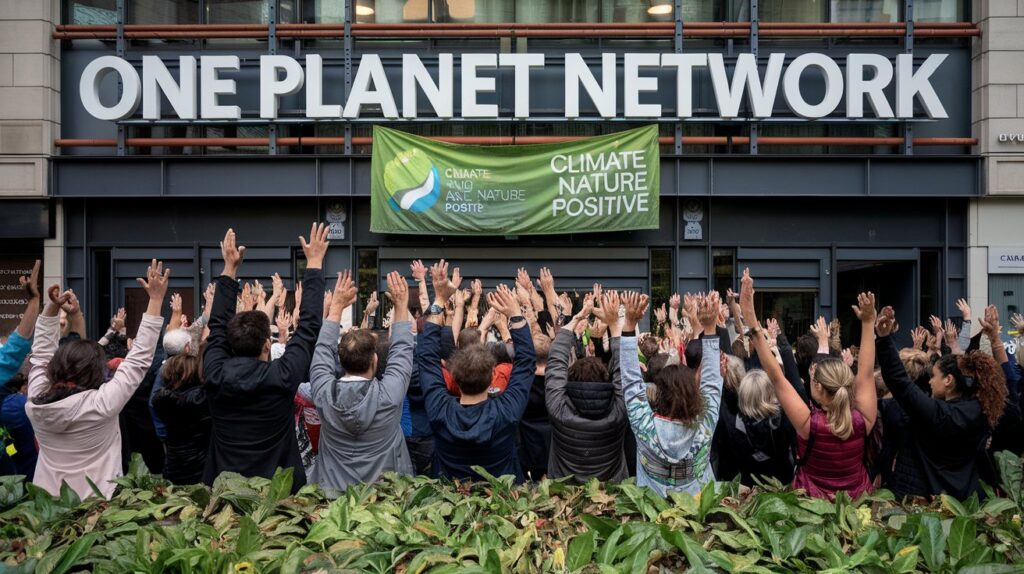A small Brazilian municipality and state-level vision proved that tourism growth and decarbonization aren’t just compatible, they’re mutually reinforcing When the UN declared climate urgency in March 2021, followed by the Glasgow Declaration on Climate Action in Tourism that November, the global tourism industry faced a fundamental challenge: how to reconcile economic growth with climate responsibility. The goals were clear, commitments were made, but concrete examples of practical implementation were scarce. Then came Bonito, a municipality of 24,761 inhabitants in Mato Grosso do Sul, Brazil. What happened there over the following three years would fundamentally change the conversation about sustainable tourism. Bonito built a replicable model that proves destinations can grow their visitor numbers while simultaneously reducing their carbon footprint. The results speak for themselves: 52.49% growth in visitor arrivals alongside a 4.65% reduction in emissions per tourist. For an industry searching for proof that climate action and economic development can coexist, Bonito became the living laboratory the world needed. The Vision That Started It All Bruno Wendling, Executive Director of the Mato Grosso do Sul Tourism Foundation (FUNDTUR), saw what others missed. While most destinations viewed climate certification as a cost center or marketing exercise, Wendling recognized a historic opportunity. Mato Grosso do Sul possessed unique conditions: three distinct biomes (Cerrado, Pantanal and Atlantic Forest) including areas in Bonito that are part of the core zone boundaries of the Atlantic Forest Biosphere Reserve, decades of consolidated ecotourism experience, and most importantly, Bonito, a global icon of sustainable tourism that had demonstrated for over 30 years how territorial organization could simultaneously promote environmental conservation, economic development, and effective governance. But the vision transcended simply certifying one municipality. The goal was to position Brazil as a global leader in climate solutions for tourism, establishing a demonstrative laboratory that would prove, with measurable data and replicable methodology, that tourism growth and decarbonization could walk hand in hand. A Partnership Model That Works The genius of the approach lies in its structure. Instead of a siloed initiative, a tripartite partnership was established that combined three complementary forces. FUNDTUR brought state-level institutional articulation, long-term strategic vision, and the capacity to create necessary political and technical conditions. Bonito’s certification represented the first step in the tourism sector’s contribution to a broader state strategy: making Mato Grosso do Sul carbon neutral by 2030. The Municipality of Bonito assumed local implementation, providing detailed operational data, infrastructure, and community engagement. The municipality already had decades of experience with carrying capacity control systems, mature collaborative governance, and solid international reputation in sustainability. Green Initiative completed the tripod with proven international technical expertise, having previously certified Machu Picchu (UNESCO World Heritage Site, Peru) as a carbon neutral destination. The organization offered methodology based on international standards (GHG Protocol, IPCC guidelines, ISO 14064-1:2018) with flexibility for adaptation to Brazilian reality while maintaining scientific rigor. This strategic convergence created exceptional conditions: a partner with systemic state vision, a territory with ideal conditions to serve as a pilot, and internationally proven technical expertise. A Vision for Brazilian Leadership Bruno Wendling, Executive Director of FundTur (Mato Grosso do Sul State Tourism Foundation), reflects on the strategic vision behind the initiative: “When we launched this project in 2021, we weren’t just thinking about certifying one destination. We were thinking about positioning Mato Grosso do Sul as a global leader in climate solutions for tourism. Mato Grosso do Sul has unique conditions: three strategic biomes, decades of ecotourism excellence, and Bonito as a living laboratory. But what really matters is proving that sustainable tourism isn’t a cost, it’s an investment that generates measurable returns. Our goal extends far beyond Bonito. We’re building the foundation for Mato Grosso do Sul to become carbon neutral by 2030, and creating a replicable model that can transform tourism across Brazil and internationally. The results speak for themselves: more visitors, less emissions per tourist, international recognition, and most importantly, a clear pathway for other destinations to follow. Climate action isn’t optional anymore. Destinations that act now will lead tomorrow’s tourism market. Those that wait will find themselves left behind. It’s important to emphasize that this all began as a state-level strategy. Mato Grosso do Sul has been increasing its productivity while simultaneously expanding planted forest areas on lands that were previously degraded pastures. Tourism has become a powerful force for giving visibility to this transformation. We’re leading by example, and the private sector is responding. Local entrepreneurs are embracing the climate agenda, with businesses like Grupo Rio da Prata certifying their attractions. What started as a public sector initiative has inspired the entire tourism industry. FundTur became a reference point for entrepreneurs themselves, demonstrating that when government leads with concrete action, the market follows.” The Results That Changed Everything Let’s talk numbers, but more importantly, let’s understand what they really mean. Environmental Impact Between 2021 and 2023, Bonito achieved: This last figure transformed the entire narrative about forest conservation. It’s no longer just about protecting the environment for ethical or regulatory reasons; preserved forests became a measurable economic asset, an integral part of the local tourism business model. In waste management, 758 tons of organic waste were composted between 2022 and 2024, producing 189 tons of compost and avoiding methane emissions. This circular economy doesn’t just reduce emissions — it creates value and transforms problems into solutions. International Recognition The work didn’t go unnoticed: More than trophies, these recognitions represent something crucial: internationally established technical credibility. This credibility opens doors to future access to international climate financing resources like the Green Climate Fund (GCF) and Global Environment Facility (GEF), while attracting private investments from the growing ESG market. Spontaneous media coverage exceeded one million dollars in equivalent value, positioning Bonito, and by extension, Brazil, as a global protagonist in climate solutions for tourism. Social and Economic Impact The 313,316 tourists who visited Bonito in 2023 experienced carbon neutral tourism and participated in climate education programs, becoming multipliers of the message that different tourism is possible. Over 100 professionals were trained

